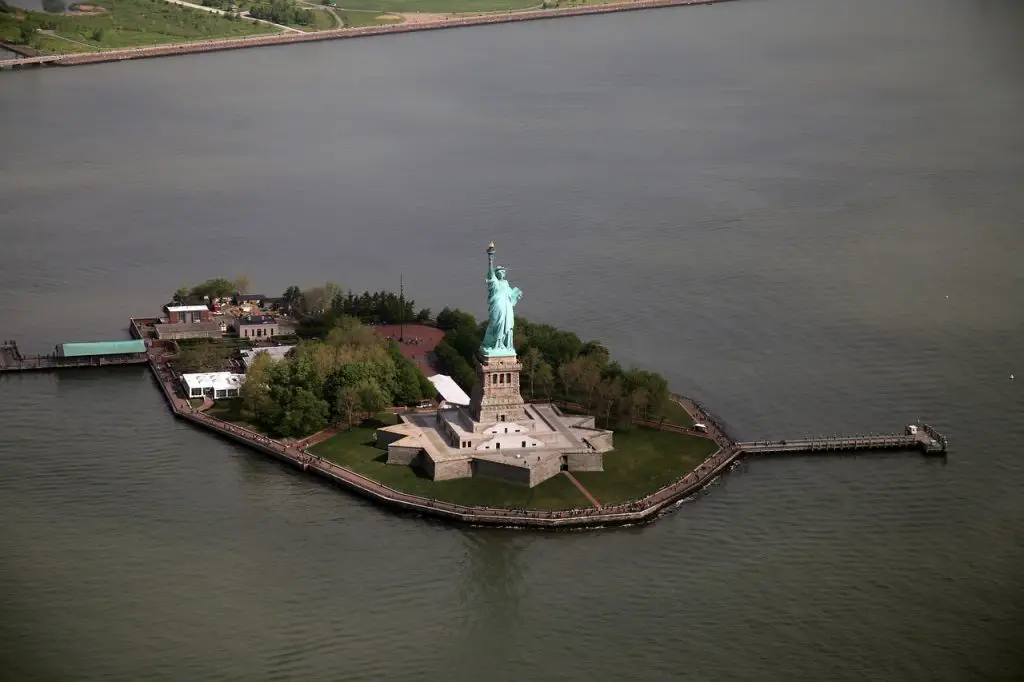D ennis Hope is an American entrepreneur who, in 1980, declared himself the owner of the moon. His bold and unique claim sparked debate, criticism and a new conversation about international property rights on lunar soil. In this article we will explore Dennis Hope’s background and motivations for his claim, his original plan to capitalize on lunar property rights, the immediate criticism it received from various parties, as well as what the future of lunar property rights looks like today. Share this article to learn more about Dennis Hope’s incredible story and its implications for us here on Earth.
ennis Hope is an American entrepreneur who, in 1980, declared himself the owner of the moon. His bold and unique claim sparked debate, criticism and a new conversation about international property rights on lunar soil. In this article we will explore Dennis Hope’s background and motivations for his claim, his original plan to capitalize on lunar property rights, the immediate criticism it received from various parties, as well as what the future of lunar property rights looks like today. Share this article to learn more about Dennis Hope’s incredible story and its implications for us here on Earth.
Dennis Hope’s Background and Motivation
Dennis Hope is an entrepreneur from Nevada who has made a name for himself by claiming to be the owner of the moon. In 1980, he declared his ownership and set out to create a plan that would allow him to capitalize on lunar property rights. His claim sparked debate around the world, as many legal and ethical experts argued that his idea was not within the realms of possibility.
At first glance, Dennis Hope’s motivation appears to be financial gain; however, it runs much deeper than that. He believes he has a right to own the moon due to its lack of a governing body or nation-state that could challenge his claim. He also believes in preserving and protecting natural resources on Earth while encouraging exploration and development in space.
The debate surrounding Dennis Hope’s idea has been far-reaching, with many questioning how such an individual could possibly own the moon or any part of it for that matter. Legal experts are divided over what constitutes lunar property rights and whether or not they can be enforced by one individual. Ethical experts have raised concerns about potential exploitation of resources in space and whether ownership should even be possible without international recognition or regulation.
Despite these criticisms, Dennis Hope remains undeterred in his mission to see lunar property rights become recognized on a global scale, believing he can open up new opportunities for collaboration between nations when it comes to exploring our universe further. If successful, this could have major implications for space law and exploration as we know it; potentially paving the way for future generations to develop our knowledge about outer space even further.
His Initial Plan to Capitalize on Lunar Property Rights
In 1980, Dennis Hope had a groundbreaking thought: to market deeds on the moon. To this end, he established Lunar Embassy, an entity devoted to selling these documents for $19.95 apiece and asserting possession of the moon’s terrain. This claim was based on a loophole within the 1967 United Nations Outer Space Treaty which stipulates that no nation can own land in outer space.
To back up his argument, Hope sent letters to all countries who had signed the treaty informing them of his proposal and launching an official website. Additionally, he started advertising his business through various media outlets – an action that promptly sparked dispute and criticism from both sides.
His primary plan was to use these documents as a way of raising capital for further exploration into space as well as creating personal wealth through real estate investments beyond our planet. Although he has faced mixed reactions, Hope continues undeterred in his mission to see lunar property rights attain acknowledgement at a global level. This could potentially lay the groundwork for future eras to expand our understanding about interstellar regions even more – something that could benefit humanity in countless ways.
The ramifications of Dennis Hope’s claim are extensive, with legal and moral experts split over what constitutes lunar property rights and if they can be enforced by one person or by international law. While there is still much discussion concerning this topic, it is obvious that Dennis Hope’s daring move has initiated meaningful conversations about how we view space exploration and development going forward – conversations that are bound to shape the eventual fate of lunar property rights across the world.
Criticism of Dennis Hope’s Plan
Since Dennis Hope declared his ownership of the moon in 1980, there has been a great deal of controversy and debate surrounding his plan. Governments, international organizations, and legal professionals have all raised questions about its legitimacy due to the lack of an existing jurisdiction on the moon that could enforce any kind of property rights. This has caused many to question whether it is morally acceptable for one individual to gain personal wealth from an object that has only ever been investigated by humans for scientific or exploratory reasons.
Furthermore, without precedent for claiming legal ownership over a celestial body, legitimizing lunar property rights would be highly difficult in practice- even if Hope’s claims were recognized by governments or international organizations. Achieving his goal would require overcoming various logistical challenges such as establishing infrastructure capable of sustaining human life on the moon and regulating commercial activity there- both tasks requiring significant technological advancements and financial support from other countries and private entities.
The ultimate result of Dennis Hope’s mission remains uncertain- however it does demonstrate how far our understanding of outer space can lead us in terms of exploration and growth. There are numerous ethical considerations associated with this endeavor as well as technical ones which make its success rather unlikely- yet it serves as a testament to what our knowledge may enable us to do in the future.
The Future of Lunar Property Rights
The growth of commercial space exploration has led to the need for greater regulation when it comes to the exploitation of extraterrestrial resources. To that end, in 2020, the Artemis Accords was signed, laying out guidelines for nations to cooperate on civil activities related to celestial bodies like the moon. This agreement is a crucial step towards standardizing property rights on celestial bodies, however more work needs to be done in order for these regulations to be legally enforced.
Dennis Hope’s claim of ownership over the moon has remained controversial since 1980 and serves as an important reminder that we must not take outer space resources for granted. Despite any ethical or legal disputes concerning his stake, Dennis Hope continues to promote exploration into outer space and creating wealth from its natural resources. As countries come together and form unified regulations surrounding lunar property rights, it could have major implications for his original claim.
Ultimately, Dennis Hope’s mission has been instrumental in advancing the understanding of outer space exploration and resource exploitation. His impact will undoubtedly shape how future generations interact with celestial bodies and their resources. It is essential that governments continue collaborating in order to create comprehensive agreements regarding property rights within our universe and beyond.
Avid Writer with invaluable knowledge of Humanity!
Upcoming historian with over 30 million views online.
“You make your own life.”





